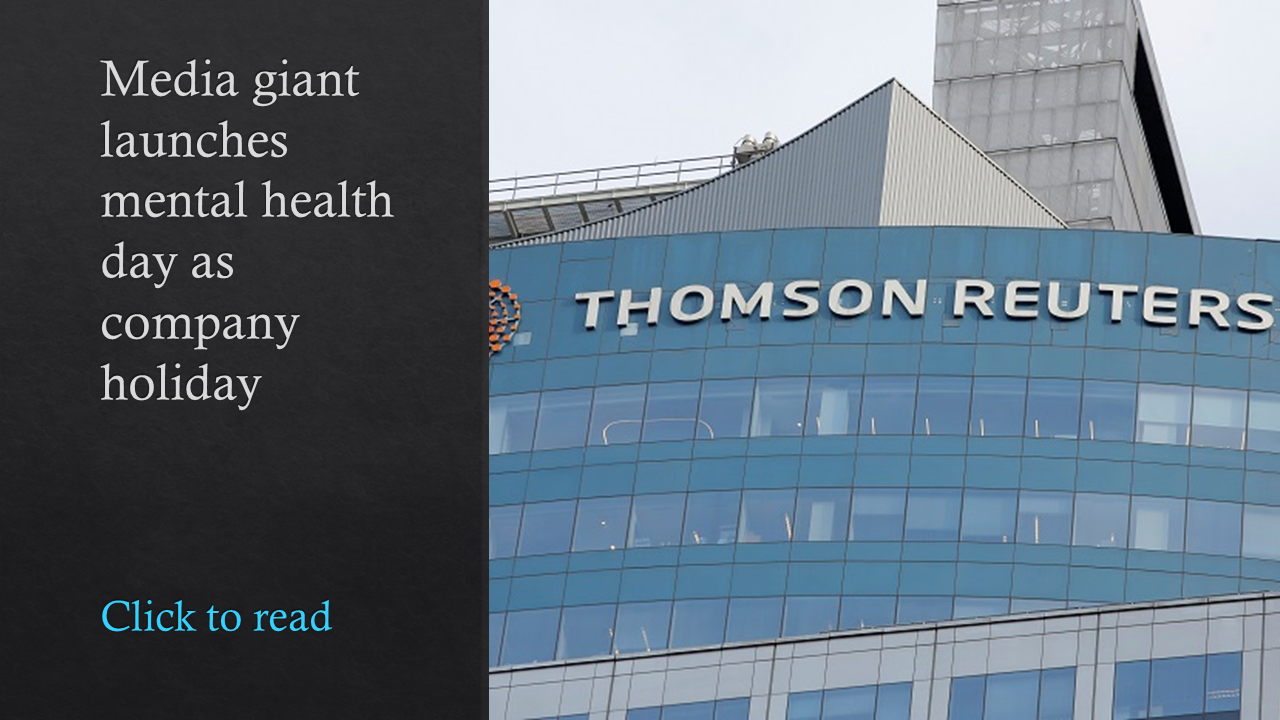Bumble is the latest employer to embrace a progressive way to fight burnout among employees: a collective paid week off for all of its workers.
All 750 employees of the dating app have this week off and will resume work June 28.
“As vaccination rates increase and restrictions ease, we wanted to give our global teams a paid week off to rest and refresh after what’s been an incredibly challenging time for everyone,” a Bumble spokesperson told NBC News.
Bumble is the latest in a string of employers giving workers more–and collective–paid time off to help them cope with soaring rates of burnout and pandemic-related stress.
LinkedIn gave its 15,900 full-time employees a paid week off in April to help them combat burnout and encourage them to unplug and recharge. Companies including SAP, Cisco, Google and Thomson Reuters also instituted companywide mental health days in the last year.
 Many insiders say companywide mental health days are better for combating employee burnout than typical, individual vacation days. That’s because during a typical vacation day, “people may feel the need to check-in or worry the assignments are piling up while they’re out,” says Dan Healey, head of HR at SAP, told HRE recently. “So, by announcing a global day off of work, we hope our employees may be relieved from any pressure to be online and truly take the time to get the well-earned rest they deserve.”
Many insiders say companywide mental health days are better for combating employee burnout than typical, individual vacation days. That’s because during a typical vacation day, “people may feel the need to check-in or worry the assignments are piling up while they’re out,” says Dan Healey, head of HR at SAP, told HRE recently. “So, by announcing a global day off of work, we hope our employees may be relieved from any pressure to be online and truly take the time to get the well-earned rest they deserve.”
The move from employers comes as employee burnout rates continue to soar, presenting a big challenge for company and HR leaders. More than four in 10 employees (44%) say they are more burned out on the job today compared to a year ago, according to a recent survey of 2,800 workers from global staffing firm Robert Half. Nearly half of employees experiencing increased fatigue (49%) blame it on a heavier workload.
Related: Burnout is continuing to rise; is HR doing enough?
“After enduring more than a year of long hours and little time off, many workers are feeling burned out and need a break to relax and refresh,” says Paul McDonald, senior executive director at Robert Half. “Running on empty can have a negative effect on employees’ mental health and wellbeing, and managers should make it a priority to encourage their teams to enjoy a well-deserved vacation.”



